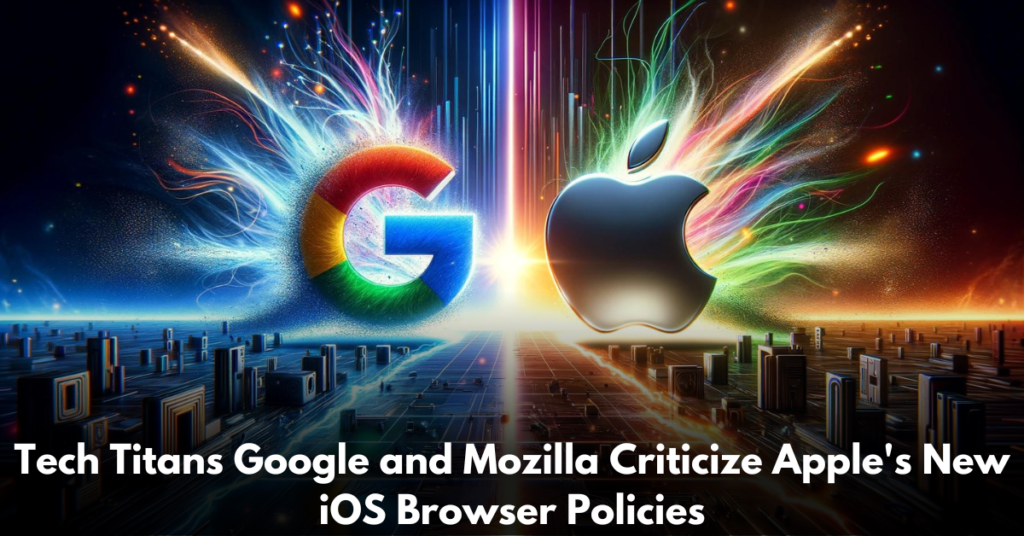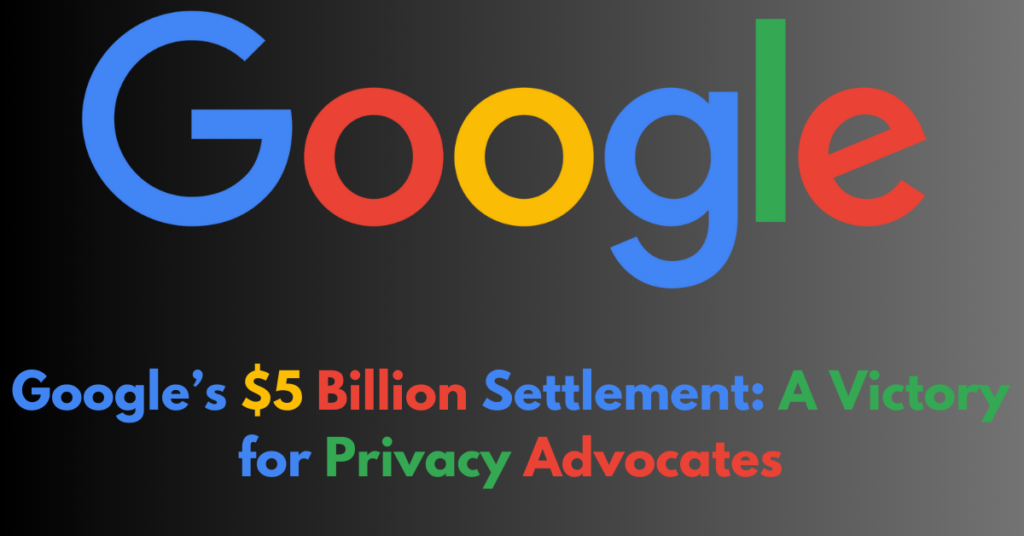Tech Titans Google and Mozilla Criticize Apple’s New iOS Browser Policies
Apple is facing major changes to iOS in Europe due to the European Union’s “Digital Markets Act,” which requires the company to allow competing browser engines on iOS. The change, due in iOS 17.4, will allow rival browsers like Chrome and Firefox to bring their own web rendering code to iPhones and iPads. However, Google and Mozilla are unhappy with Apple’s proposed changes. Mozilla spokesperson Damiano DeMonte expressed disappointment with Apple’s decision to restrict the newly-announced BrowserEngineKit to EU-specific apps, stating that this would force independent browsers like Firefox to build and maintain two separate browser implementations, a burden Apple will not have to bear. DeMonte said that Apple’s plans do not give people good alternatives to Safari, which makes it hard for real browser competition on iOS.
Apple Introduces ‘BrowserEngineKit’ Framework
Apple’s “BrowserEngineKit” framework allows for alternative browser engines, but it requires browser vendors to earn Apple’s approval for use in a production app. The approval comes with several requirements, including web standards support, quick security vulnerability fixes, and user privacy protection. The framework is limited to the EU, and Google’s VP of engineering for Chrome, Parisa Tabriz, criticized Apple’s restrictive approach. Currently, alternative browsers like Chrome and Firefox are skins overtop of Apple’s Safari engine, with iOS app developers not allowed to include their own browser engines. Instead, everything uses Safari’s WebKit engine, with a new UI, settings, and sync features layered on top. All of WebKit’s bugs and feature support decisions apply to every browser.
Safari as “the new IE”
Safari has earned a reputation as “the new IE” due to lagging behind competitors in advanced web features. However, Safari has improved recently, including support for push notifications in 2023, allowing web apps to compete with native apps downloaded from Apple’s App Store. This comes seven years after Google and Mozilla introduced the feature. The iOS browser space is expected to face competition from Google, which has the resources and reach to better compete with Safari. Chrome, which is gaining popularity, may have better support for certain web features but also comes with a built-in tracking system that serves advertisers’ interests.
Safari has a better privacy story. While only EU users will have access to multiple browsers, everyone still competes in the EU, including Safari. Competing in the EU browser wars should make the only iOS browser better for everyone. The EU rules have a compliance deadline of March 2024, so iOS 17.4 needs to be released by then. Google and Mozilla have been working on full versions of their iOS browsers for at least a year.



